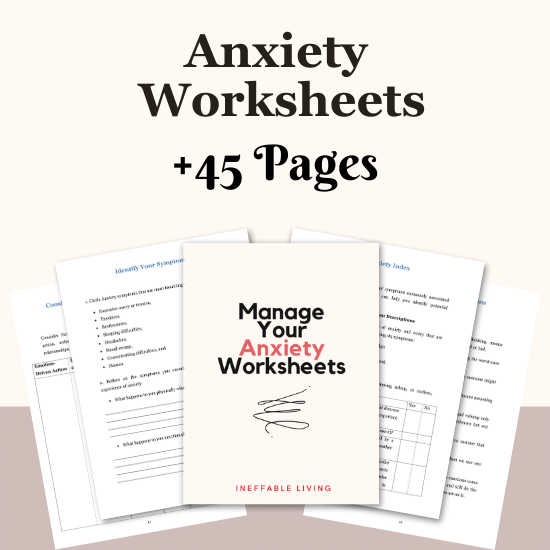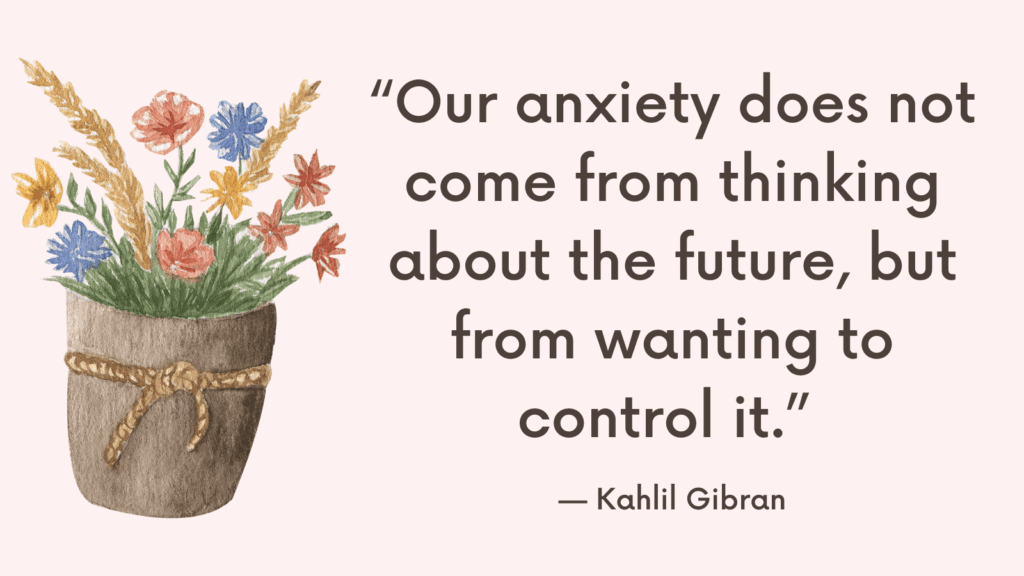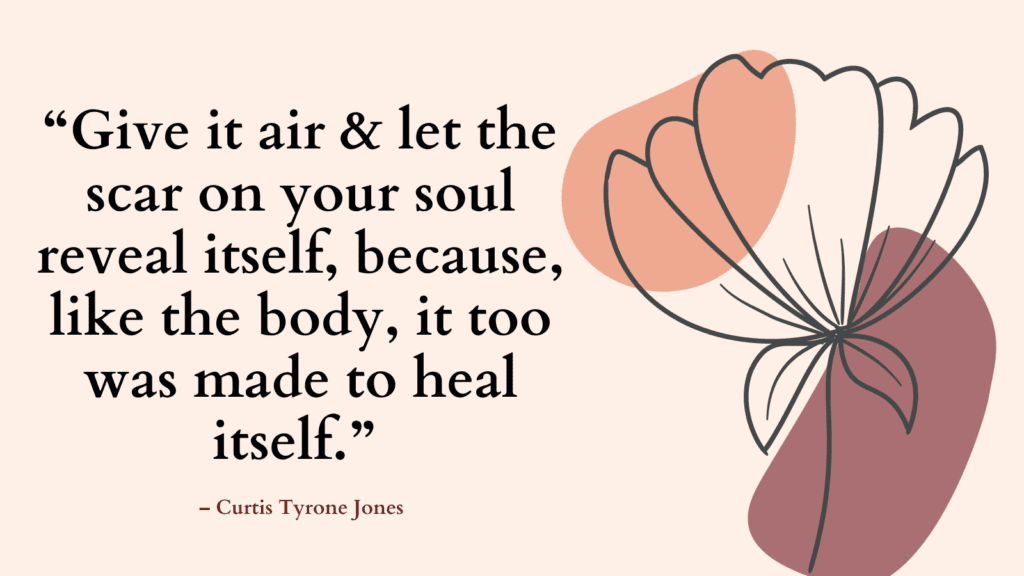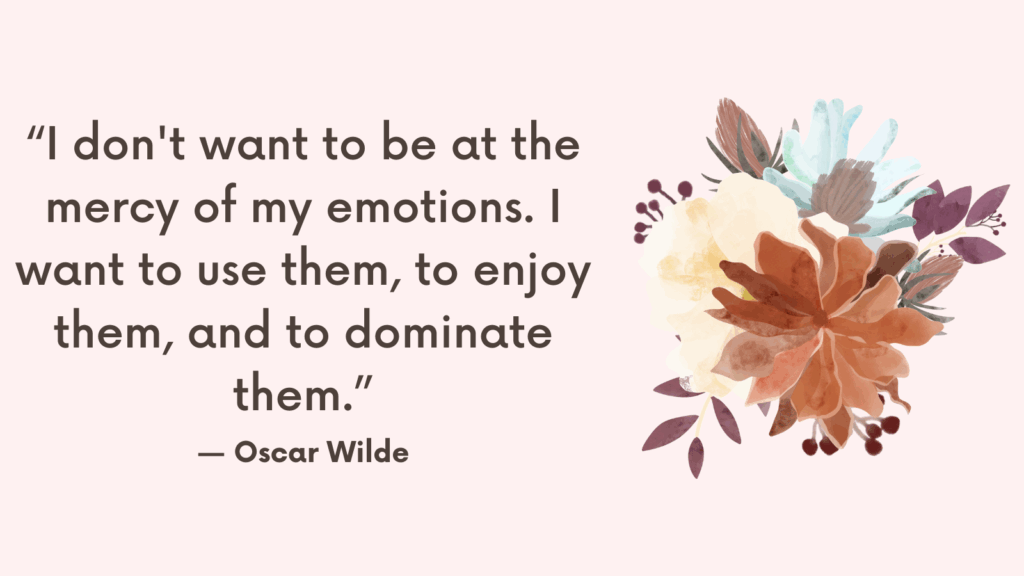Politics touches almost every part of life — identity, values, safety, and community. But constant exposure to political debates, divisive news, and social media arguments can quietly wear down your emotional well-being. Here are some common signs that politics may be taking more of a toll on your mental health than you realize.
10 Signs Politics Is Taking a Toll on Your Mental Health
1. Constant Anxiety About the News
You find yourself glued to updates, feeling tense or panicked with every headline. Even small political developments trigger racing thoughts, worry about the future, or a sense of impending crisis.
2. Irritability and Short Temper
Conversations about politics — or even unrelated daily stressors — leave you snapping more easily at friends, family, or coworkers. The constant emotional charge of political tension seeps into how you respond in everyday life.
3. Obsessive Checking of Media
You refresh news sites, scroll social media, or watch commentary far more than you intend to. When you’re away from updates, you feel restless or worried about missing something important.
Related: Top 10 Practical CBT Exercises For Generalized Anxiety Disorder Relief
4. Difficulty Sleeping
Ruminating on political issues or heated online arguments keeps your mind racing at night. Even when you’re physically tired, your body feels restless and uneasy.
5. Strained Relationships
You avoid certain people because political discussions always end in conflict, or you feel distant from loved ones who disagree with you. What once felt like connection now feels like a battlefield.
6. Cynicism and Hopelessness
Instead of feeling motivated to engage, you feel worn down, convinced nothing will ever change. This hopelessness can spill into other areas of life, lowering motivation and increasing despair.
7. Physical Stress Symptoms
Headaches, muscle tension, stomach discomfort, and fatigue can all be fueled by the stress of constant political engagement. The body holds onto the tension created by ongoing worry and anger.
8. Loss of Joy in Everyday Activities
Hobbies, relaxation, and even time with loved ones feel overshadowed by political concerns. You struggle to be present because your mind keeps looping back to the latest news cycle.
Related: High Functioning Anxiety Test (& How To Support Anxiety Recovery)
9. Identity Feeling Defined by Politics
You start to see yourself — and others — only through a political lens. Instead of enjoying relationships, work, or creativity, you feel consumed by where people stand on political issues.
10. Withdrawal or Emotional Numbing
For some, the constant stress leads not to over-engagement but to shutting down. You may avoid the news entirely, feel emotionally numb, or disconnect from conversations because it feels too overwhelming to care.
Why Politics Affects Us So Deeply
Politics doesn’t just live on the screen or in debates — it shapes the safety, rights, and realities of people’s lives.
If you care about justice, equality, the planet, or the well-being of your community, then what happens politically can feel personal.
Even when you try to stay “neutral,” your nervous system can still respond to:
- Constant conflict
- Headlines designed to provoke
- Community pain
- Fear for the future
- Feeling helpless to change things
This emotional load adds up — and may quietly erode your well-being.
Who’s Most Vulnerable to Political Mental Fatigue
- Those directly impacted by harmful policies (e.g., marginalized groups)
- Highly empathetic people who absorb others’ suffering
- Activists, educators, and helpers who feel a sense of responsibility
- Survivors of trauma or oppression who feel retraumatized by certain rhetoric
- People with chronic anxiety or OCD, where uncertainty or catastrophe gets magnified
For these groups, politics can feel like a fight for survival — not just a civic duty.
How to Manage Political Anxiety?
1. Set Boundaries With News Consumption
Constant exposure to updates intensifies anxiety. Decide when and how often you’ll check the news instead of leaving it open-ended. For example, limit yourself to two check-ins a day from reliable sources rather than scrolling endlessly.
2. Curate Your Media Diet
Not all news is created equal. Following sensationalist or biased outlets can heighten stress. Choose a few trusted sources and unfollow accounts that thrive on outrage or fear. Protecting your input protects your peace of mind.
Related: How to Relieve Anxious Sensations In Your Body?
3. Recognize Triggers and Step Back
Notice what pushes your anxiety into overdrive — late-night doomscrolling, heated arguments online, or debates with certain people. Step back when you feel your body tensing, and remind yourself that disengaging is a valid act of self-care.
4. Balance Awareness With Action
Anxiety often comes from feeling powerless. Instead of consuming endless updates, channel your energy into action: volunteering, voting, or supporting causes you care about. Small contributions help transform anxiety into purpose.
5. Practice Nervous System Regulation
Political stress shows up in the body. Use grounding practices like deep breathing, progressive muscle relaxation, or taking a short walk. Regulating your body helps quiet racing thoughts and restores a sense of control.
6. Anchor Yourself in Daily Life
Politics is important, but it’s not the whole of life. Reconnect with routines, hobbies, nature, and relationships that remind you of what’s steady and meaningful beyond the headlines.
7. Create Spaces for Respectful Dialogue
Avoiding conflict doesn’t mean silencing yourself. Seek out safe conversations where listening and understanding are prioritized. Being heard — even if opinions differ — can ease the isolation political anxiety often brings.
Related: 30 Coping Skills for Anxiety and Depression
8. Limit Catastrophic Thinking
Political anxiety thrives on “what if everything falls apart” spirals. Gently interrupt those thoughts with reminders of resilience: history shows that societies endure change, and progress often comes in small, steady steps.
9. Focus on What You Can Control
You can’t fix every policy or political decision, but you can control your vote, your advocacy, and how you show up in your community. Shifting focus to your sphere of influence reduces helplessness.
10. Seek Support if Needed
If political anxiety is affecting your sleep, relationships, or ability to function, consider talking with a therapist. Having guidance in separating personal well-being from the chaos of politics can bring relief.
Related: Top 7 Signs of High-Functioning Anxiety (+FREE Worksheets)

Conclusion
Politics is deeply important, but it can also quietly chip away at mental health if it dominates too much of your emotional energy. If you notice these signs in yourself, it may be a signal to pause, protect your well-being, and create boundaries with how you engage. Your mental health matters just as much as staying informed.



